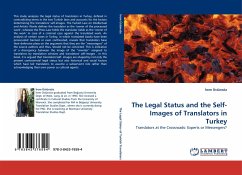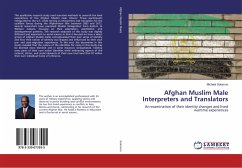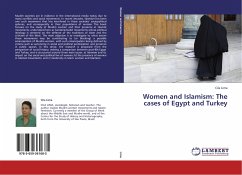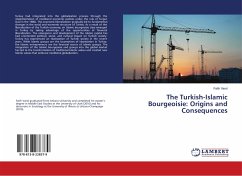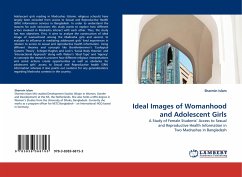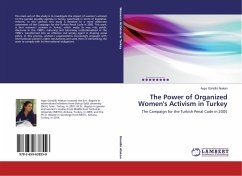This study analyzes the legal status of translators in Turkey, defined in contradicting terms in the two Turkish laws and accounts for the factors determining the translators' self-images. The Turkish Law on Intellectual and Artistic Works defines the translator as the owner of the processed work', whereas the Press Law holds the translator liable as the owner of the work' in case of a criminal case against the translated work. An analysis of certain cases in Turkey, in which translated books have been prosecuted/ banned or even confiscated, reveals that translators base their defensive pleas on the argument that they are the messengers of the source authors and thus, should not be convicted. This is indicative of a discrepancy between the image of the rewriter assigned to translators by translation scholars and translators' self-images . In this book, it is argued that translators'self- images are shaped by not only the present controversial legal status but also historical and social factors which have led translators to assume a subservient role rather than acknowledging their own power as cultural agents.

